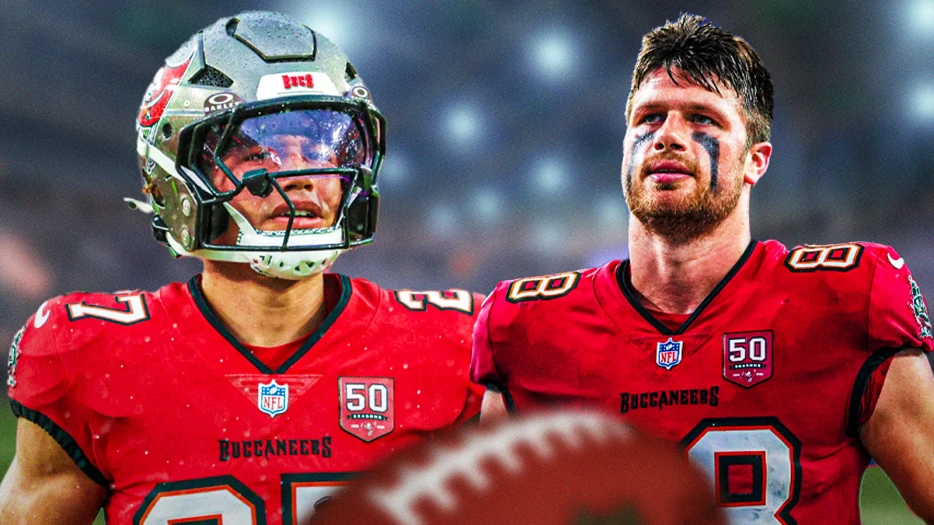
 ClutchPoints
ClutchPoints
The Tampa Bay Buccaneers strolled into SoFi Stadium on Sunday night with legitimate playoff aspirations and a chance to make a statement in the NFC South. What they delivered instead was an absolute embarrassment—a 34-7 demolition that exposed significant shortcomings across all three phases of the game.
While the Los Angeles Rams deserve credit for executing at an elite level en route to their sixth consecutive victory, there’s no escaping the reality that the Buccaneers beat themselves with a performance that can only be described as historically poor. From defensive breakdowns to offensive incompetence to special teams failures, Tampa Bay’s loss wasn’t about the Rams being unstoppable—it was about the Buccaneers refusing to show up when it mattered most.
Let’s be crystal clear: the Rams are a legitimate Super Bowl threat. Matthew Stafford orchestrated a masterclass performance, completing 25 of 35 passes for 273 yards and three touchdowns while maintaining a near-perfect passer rating. Davante Adams caught two touchdown passes and added a league-leading 12th TD reception on the season.
Harrison Mevis converted his first two field goal attempts flawlessly. Los Angeles’ defense was suffocating, generating pressure consistently and forcing turnovers at critical moments. The Rams are on a roll, and they proved Sunday night why they now own the NFC’s top seed at 9-2. That said, Tampa Bay made it easy—far too easy.
The Buccaneers’ defensive performance was nothing short of pathetic, and cornerback Zyon McCollum was at the center of the disaster. McCollum was systematically exploited from the opening drive, surrendering 94 yards and two touchdowns in just the first half while allowing six receptions on six targets.
This wasn’t a case of Stafford making superhuman throws—this was McCollum getting beaten repeatedly in coverage by receivers who had all day to operate. Davante Adams torched him consistently, and when you’re giving a top-five receiver a free pass to the end zone in prime time, you’re not going to win football games at any level.
But McCollum’s struggles were merely a symptom of a larger defensive illness. The Buccaneers fell into a 21-0 hole faster than any team should reasonably permit, surrendering a touchdown on the Rams’ opening drive despite forcing a three-and-out to start the game. That opening touchdown came after the Rams converted a ridiculous third-and-19 situation—a conversion that should never have happened but did because Tampa Bay’s pass rush failed to generate pressure when it mattered most.
The defensive line, which was supposed to anchor this Tampa Bay defense, was consistently ineffective at disrupting Matthew Stafford, who had time to operate like he was in a coaching clinic rather than a playoff-caliber game. By halftime, the Buccaneers had allowed five straight possessions to score, resulting in 31 points before the break. That’s not the Rams being great; that’s the Buccaneers being historically incompetent.
Baker Mayfield’s night was derailed by multiple factors, but let’s start with the miscues that weren’t entirely his fault. Cade Otton,...